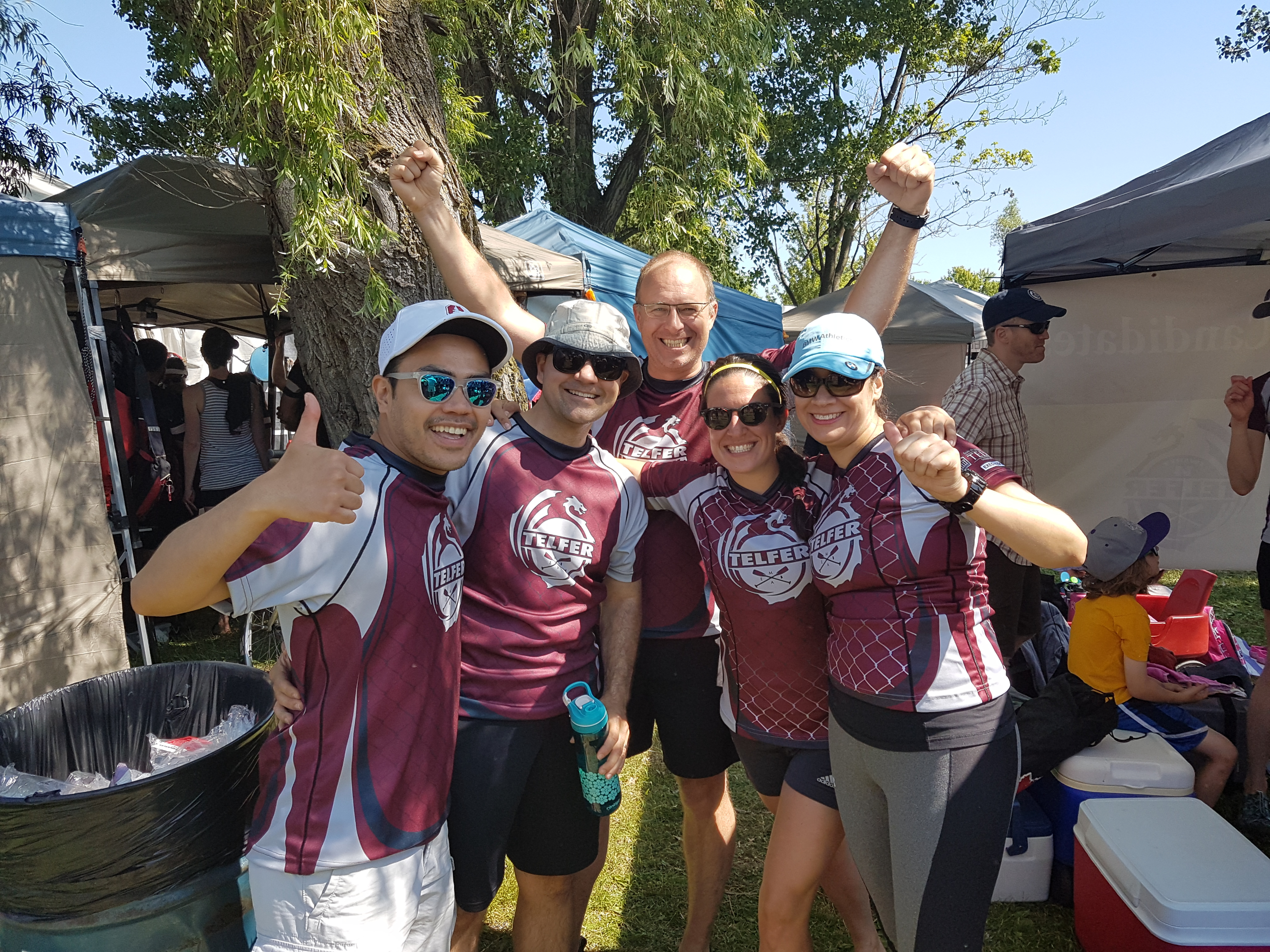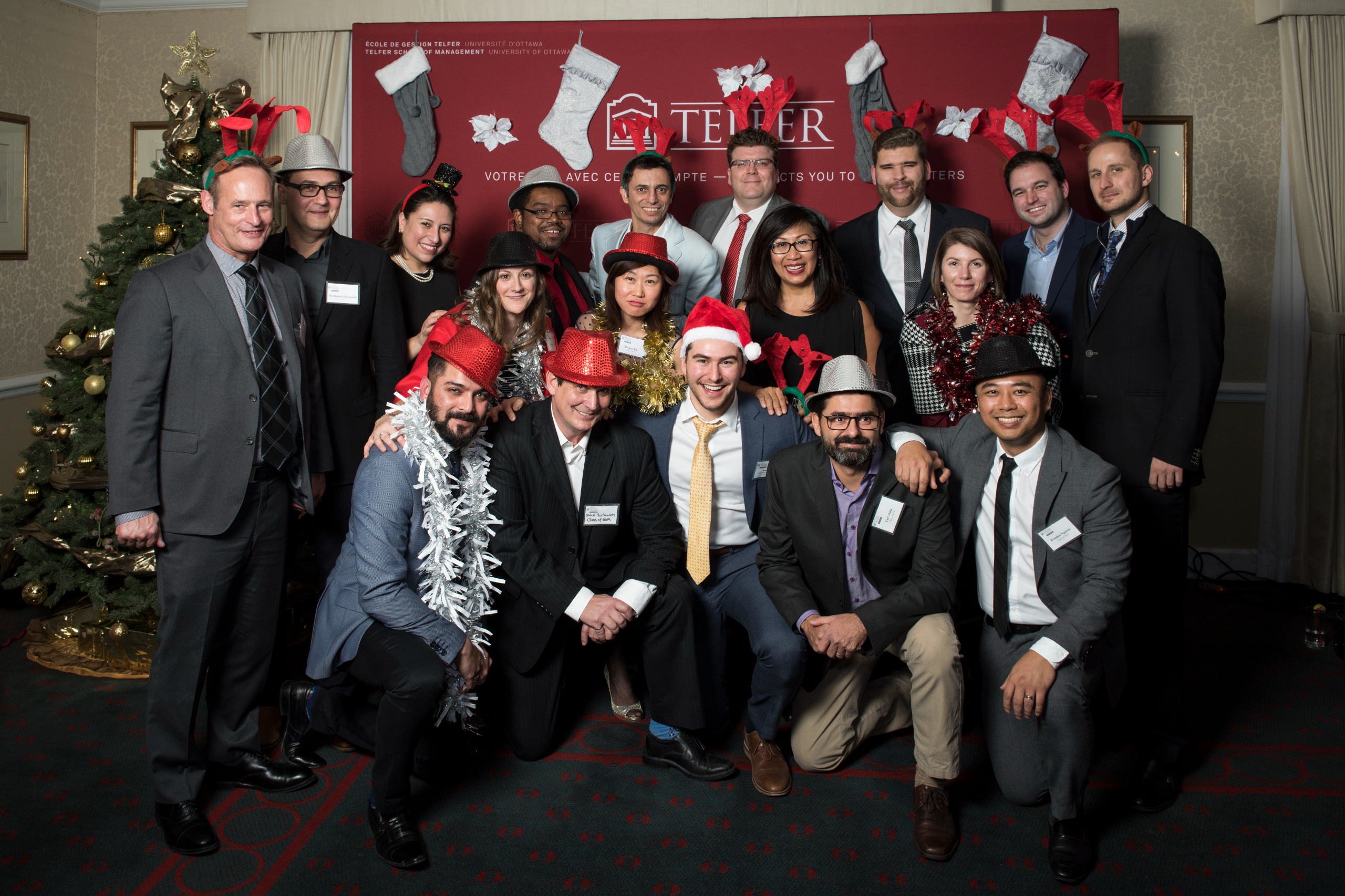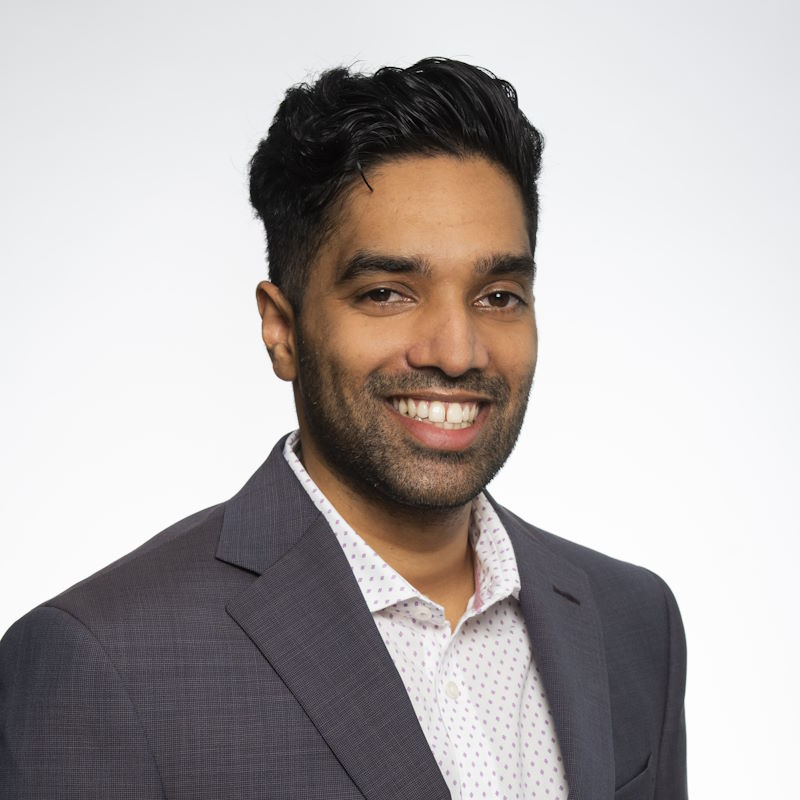Alumni Benefits

Broaden your network, make connections and keep learning
Join the Club
When you graduate from the Telfer Executive MBA, you join a network of 1,300 high-achieving leaders and executives in Ottawa, across Canada and around the world. These new connections with diverse but like-minded alumni will open doors, expand your perspective, and shape your path forward, both personally and professionally.
Our team continues to support you, too. We’re dedicated to providing ongoing opportunities to further learn, network, and stay engaged with the program and with other alumni through the Telfer Executive Campus Leadership and other outreach initiatives.
Events and Networking
Take advantage of the many alumni engagement opportunities to network with your fellow alumni and the community. We host numerous events throughout the year, including masterclasses, career workshops and networking events, or paddle in the annual Tim Hortons Ottawa Dragon Boat Festival.
Career Support
Attend career focused webinars and make use of coaching services to set career goals, review your resume, and prepare for interviews and career transitions.
Circles to Support Telfer Executive MBA Women
These alumni-led Circles include alumni and current candidates. Circles are small, gender-inclusive groups that meet regularly to discuss ways to support and elevate women navigating careers. The Circles are designed to support women and create allies in promoting gender equality and breaking down systemic barriers.
Investment Club
Deepen your knowledge and gain confidence in investing through this peer-to-peer educational club. Learn together and experiment through evaluating stock values and building an investment portfolio, while expanding your network with fellow Telfer Executive MBA alumni.
Continuous Education
As an alumnus or alumna, you will have exclusive access to non-credit continuing education courses offered by the program.
Alumni Engagement Councils
Our Telfer alumni councils aim to build a dynamic community, starting when you’re accepted into the program and extending far beyond graduation.
Annual Alumni Cocktail Party to Welcome New Grads
Our Annual Alumni Cocktail Party each June welcomes the program’s most recent graduates into the alumni community. A highlight of our alumni event calendar, it’s a wonderful opportunity to celebrate your achievement of completing the program and be welcomed into the community by those who know exactly the size of accomplishment it is to graduate from the Telfer Executive MBA. Return annually to as an alumni member to celebrate the next generation of alumni.


Tim Horton’s Ottawa Dragon Boat Festival
Join fellow alumni on the Telfer Thunder dragon boat team as we compete each June in the Tim Hortons Ottawa Dragon Boat Festival. This annual event is a great opportunity to get some exercise, get to know other alumni, and fundraise to support the community.
Annual Alumni Holiday Party
Networking isn’t just about LinkedIn invites and alumni clubs. Our annual Holiday Party is a well attended event where you’ll connect in-person with fellow alumni to network, catch up, and celebrate the season.


I have often taken the road less travelled in my career - veteran, nonprofit entrepreneur, small business owner, and now starting a new career in management consulting.
My journey has helped me gain a unique perspective on problem-solving. The Telfer Executive MBA helped me focus my interests and better understand how to hone my passions to achieve meaningful outcomes. I’m grateful and excited about my new journey.— Veda Rajole, EMBA 2022
Senior Consultant -Healthcare, People Advisory
Services, EY

